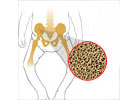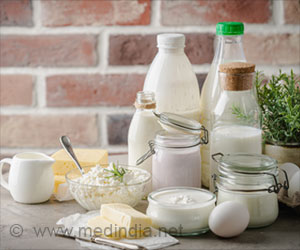New Zealand is close to making it mandatory for food manufacturers to add folate to bread in order to reduce birth defects
New Zealand is close to making it mandatory for food manufacturers to add folate to bread in order to reduce birth defects.
The organisation that monitors food standards in New Zealand is to produce its final assessment on the proposal by next month.Many live births and stillbirths each year are estimated to be affected by neural tube defects such as spina bifida, where one or more vertebrae fails to develop. These babies suffer lifelong moderate or severe disabilities and require extensive medical and surgical care.
The other major neural tube defect is anencephaly, in which the affected babies have no brain or top of the skull. They die within days of birth.
. CCS, formerly the Crippled Children's Society, has been campaigning for more than a decade for the folate fortification of foods.
Considerable evidence supports the fact that increasing folate intake in pregnancy reduces the risk of birth defects by 70 per cent.
Folate is referred to as folic acid in its synthetic form. It is present in green leafy vegetables and other foods, but women of childbearing age consume only half the recommended amount, therefore the need for supplement tablets.
Advertisement
However the food agency research in 1998 showed that average folate consumption has undergone only a marginal increase and remained significantly below the required level of 400 micrograms for pregnant women, which is twice the level of the general adult population.
Advertisement
In Canada, the United States, Indonesia and a number of South American and African countries folate fortification of foods is mandatory. UK and few other European countries have a voluntary system.








